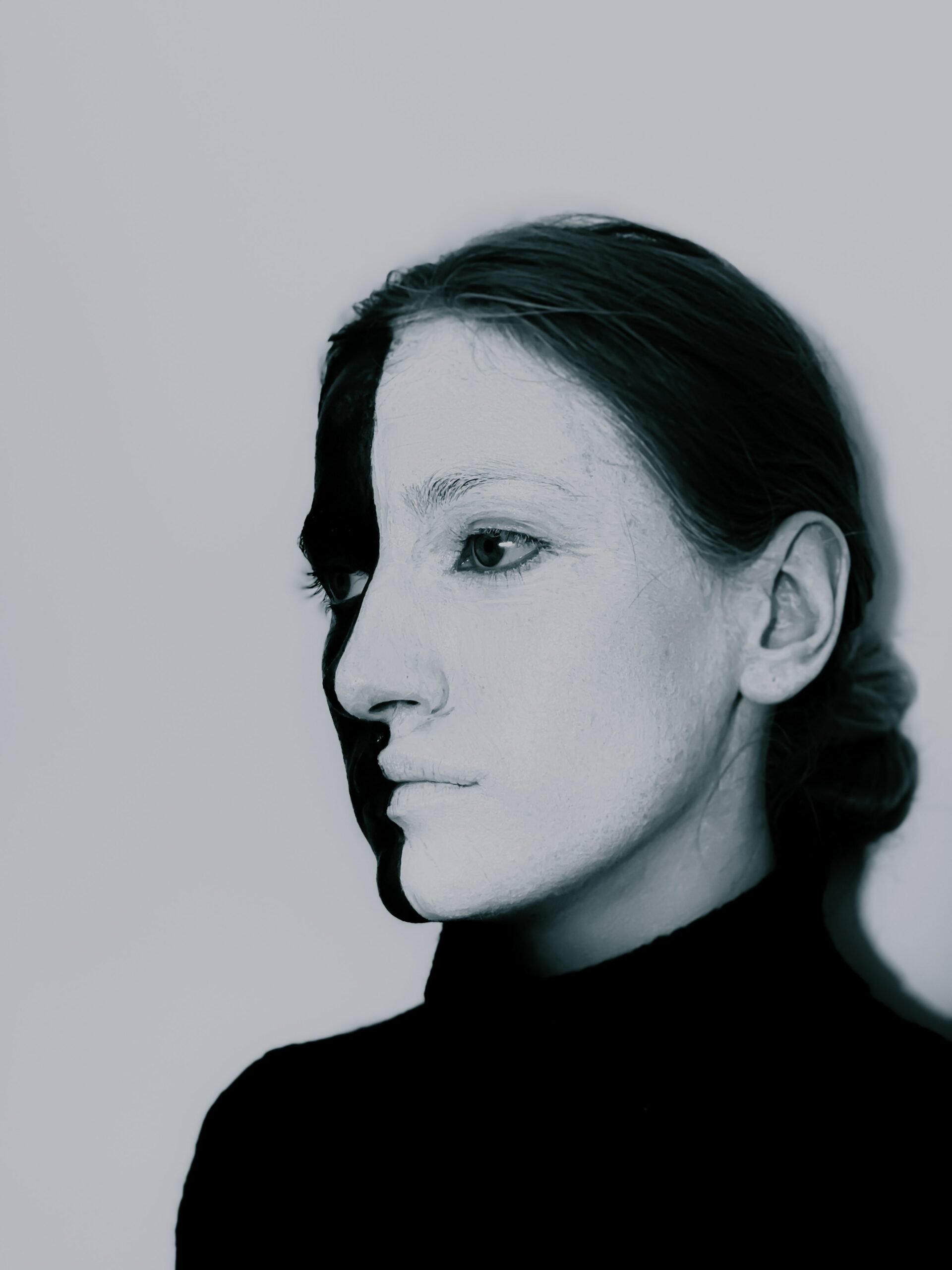Tracking your moods, medicines, sleep patterns, and life events might help you and your doctor treat your bipolar disease over time. Self-reporting, self-rating, and activity data collected by smartphone apps can be easily shared with therapists and health care providers. In addition, information about your emotions, mood swings, anxiety, and depression might assist you, and your doctor in identifying triggers and patterns that can aid in treatment. Some of the best apps include:
Daylio: An award-winning app, Daylio is a self-care bullet journal that allows you to track your emotions without writing a single word. Users can select from various mood videos to find the ones that best suit their current mental state. The software also records what makes you happier or more productive, then accumulates your data so you may learn from your behaviors and identify patterns.
eMoods Bipolar Mood Tracker: Specifically created for bipolar Disorder, this program allows you to monitor daily highs and lows, sleep, medications, and other symptoms. After the month, you can email a printed PDF report to your doctor or therapist to identify triggers or other situations that might contribute to an episode or relapse.
Good Journal: Another award-winning software that keeps track of everything from mood to meds to energy levels. It contains automatic journaling reminders and a clever hashtag system to assist you in establishing links between moods and events.
Moodkit: Created by two clinical psychologists, this program assists users in applying successful CBT (cognitive behavior therapy) principles to daily life. Over 200 mood-improvement activities are included in the app, as well as guidance for monitoring stressful thoughts and a logbook to document your moods.
